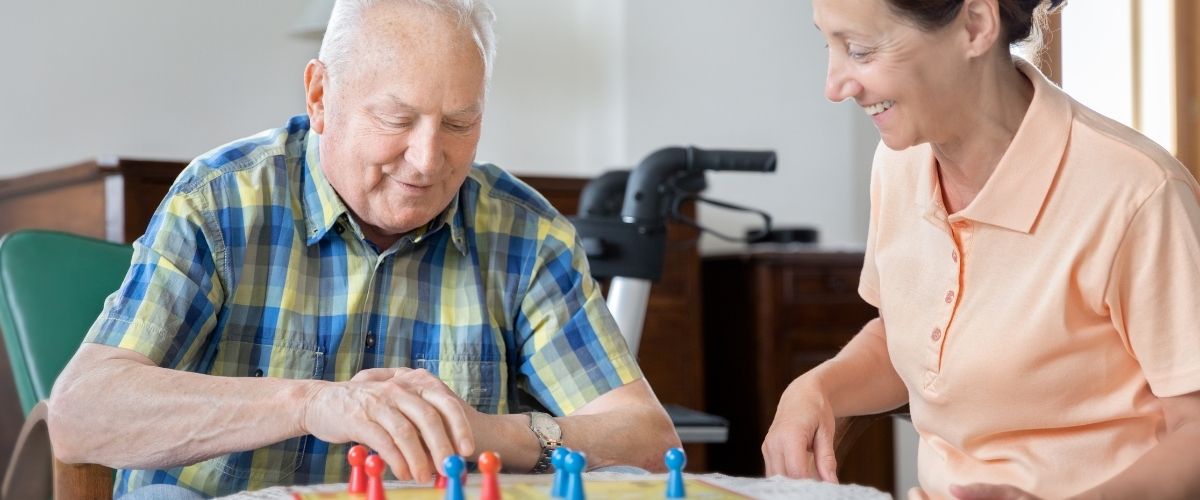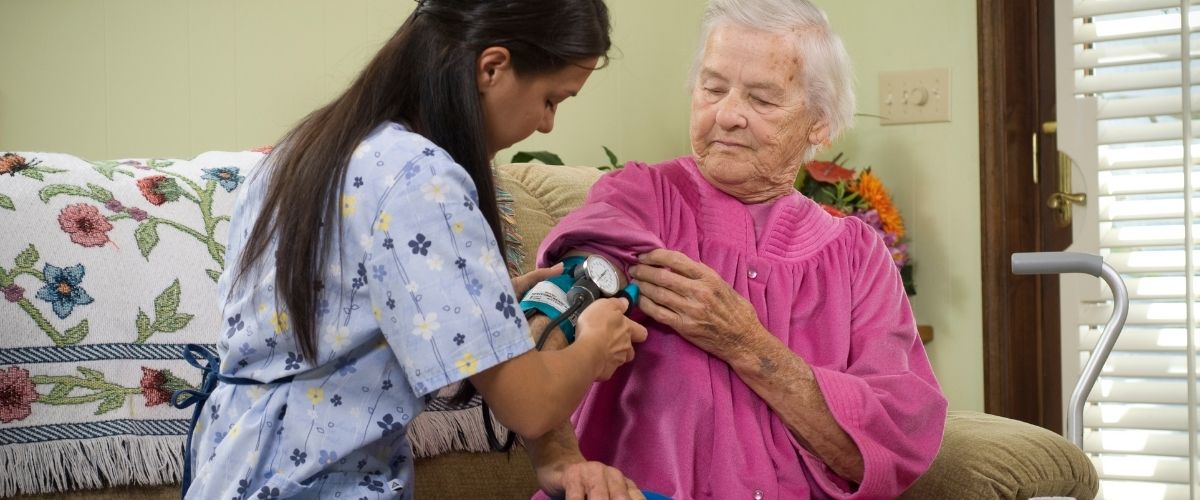Caregivers have high-stress responsibilities which can affect their own mental health and create emotional and physical strains. It is important for them to be mindful of their physical health and mental well-being, and build habits and interventions to regain balance. We share a few tips.
Maintaining Mental Well-being for Caregivers









